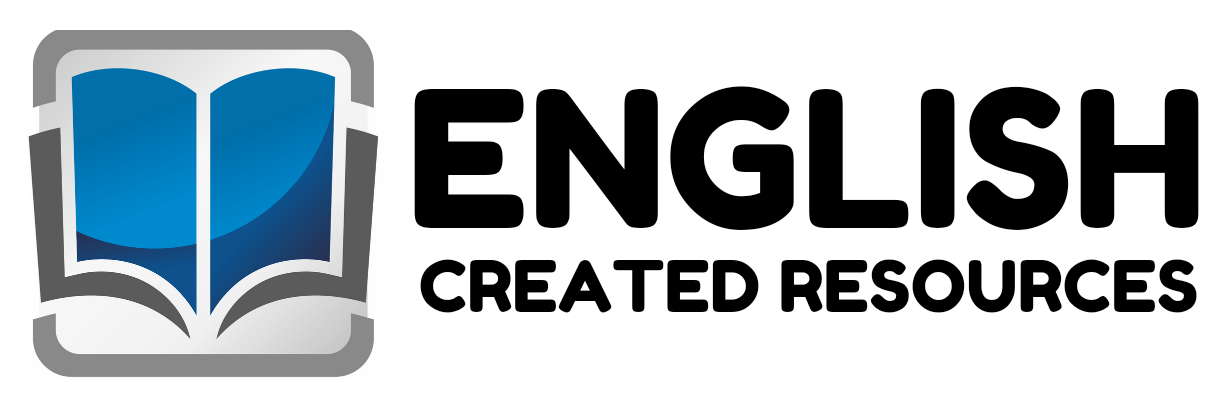Rhymes
Nursery Rhymes Part One
Nursery rhymes are important for young children because they help develop an ear for our language. Both rhyme and rhythm help kids hear the sounds and syllables in words, which helps kids learn to read! Believe it or not, nursery rhymes are incredibly powerful influencers in preschool development. Phonemic skill development gained from nursery rhymes has even been scientifically shown to significantly improve reading, spelling and other literacy skills.
Nursery rhymes provide bite-sized learning opportunities for young children to develop key developmental skills and can often be the trigger for hours of creative and open-ended play. They are a powerful learning source in early literacy and enable children to become interested in the rhythm and patterns of language. Consider the alliteration in “A Sailor Went to Sea Sea Sea”, or the onomatopoeia in “Baa Baa Black Sheep” and rhyme in “Twinkle Twinkle Little Star”. Many nursery rhymes are also repetitive which can support the development of memory and kickstart the practice of listening and speaking.
Rhymes are fantastic vocabulary boosters. They often feature a pleasing rhythmic pattern and simple repetitive phrases that babies and young children find easy to remember and repeat. In order to develop their phonological awareness, children need to be repeatedly exposed to spoken language and nursery rhymes provide the perfect way to do this.
Children find many nursery rhymes very relatable to their own everyday experiences and will enjoy sharing these moments with their caregiver or practitioner such as a trip to the park with Daddy to feed the ducks (Five Little Ducks), or sharing a picture book with a Grandparent about boats (Row Row Row Your Boat). Practitioners can encourage conversations with the children in their care, helping to strengthen the bond between the setting and home.
The act of singing a rhyme or engaging with it physically, encourages children to express themselves in a creative way and to find their own personal ‘voice’. Role play opportunities present themselves with different characters and events within the rhyme that children can respond to either individually or as a group. Open-ended play opportunities are also possible with paints, clay, wet sand or loose parts.
English Created Resources prides itself on providing everything a learner needs to improve the level of English. Our website aims to provide all the required materials for English Language Teachers and Learners to help them master and improve their English, help their pupils master all the required skills.
Such materials are provided for free download to be available always for learners around the world. You can find English ESL worksheets for home learning, online practice, distance learning and English classes.
Through our website, teachers will be able to help their children improve both their written and spoken English. We provide materials related to all the different skills. Our reading Comprehension Worksheets help students to master reading and writing skills. There are also questions to measure pupils’ understanding and help teachers evaluate their pupils easily.
Samples From the Rhymes
Our Website helps you to give your child a boost using our free, printable worksheets. You will be able to help your child with his grammar skills with our printable worksheets that focus on using and punctual tion, Reading & writing.
Such Worksheets are a useful learning tool for kids who are trying to write or want to practice their language skills.





